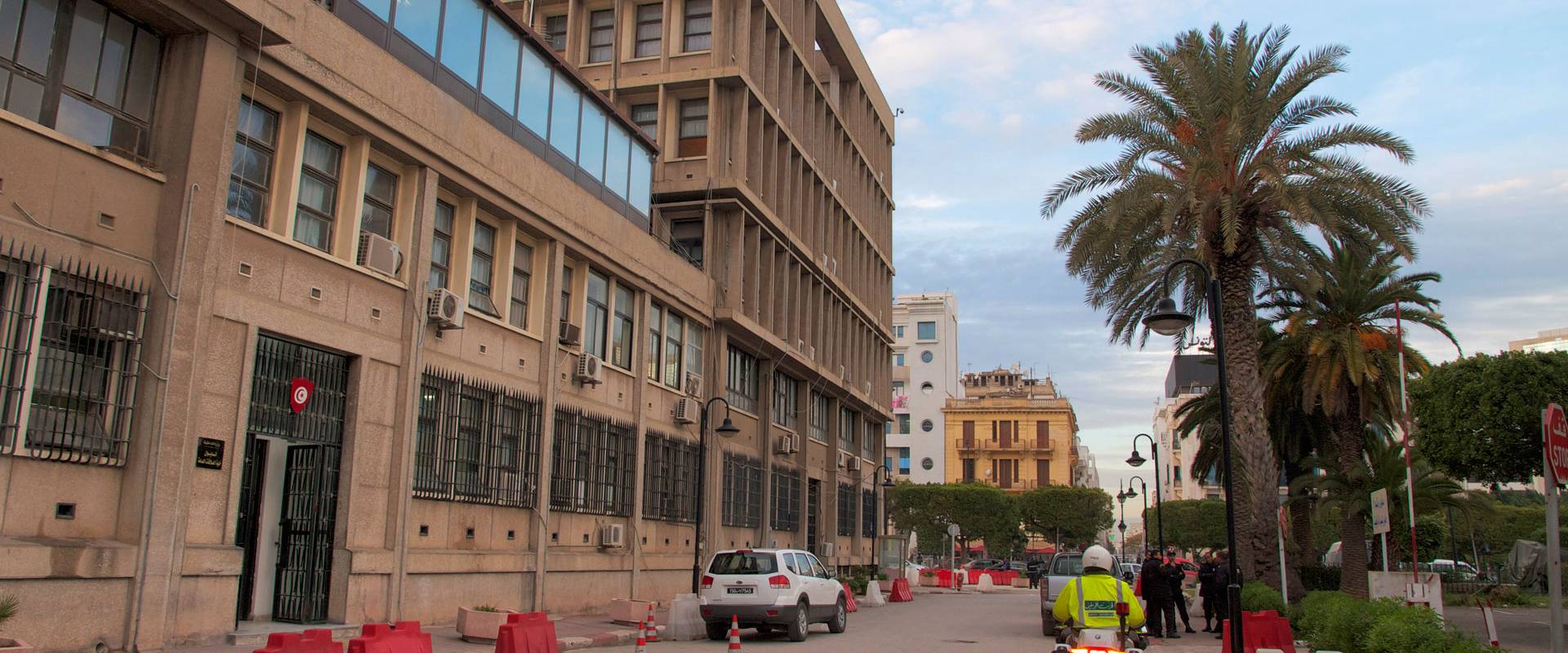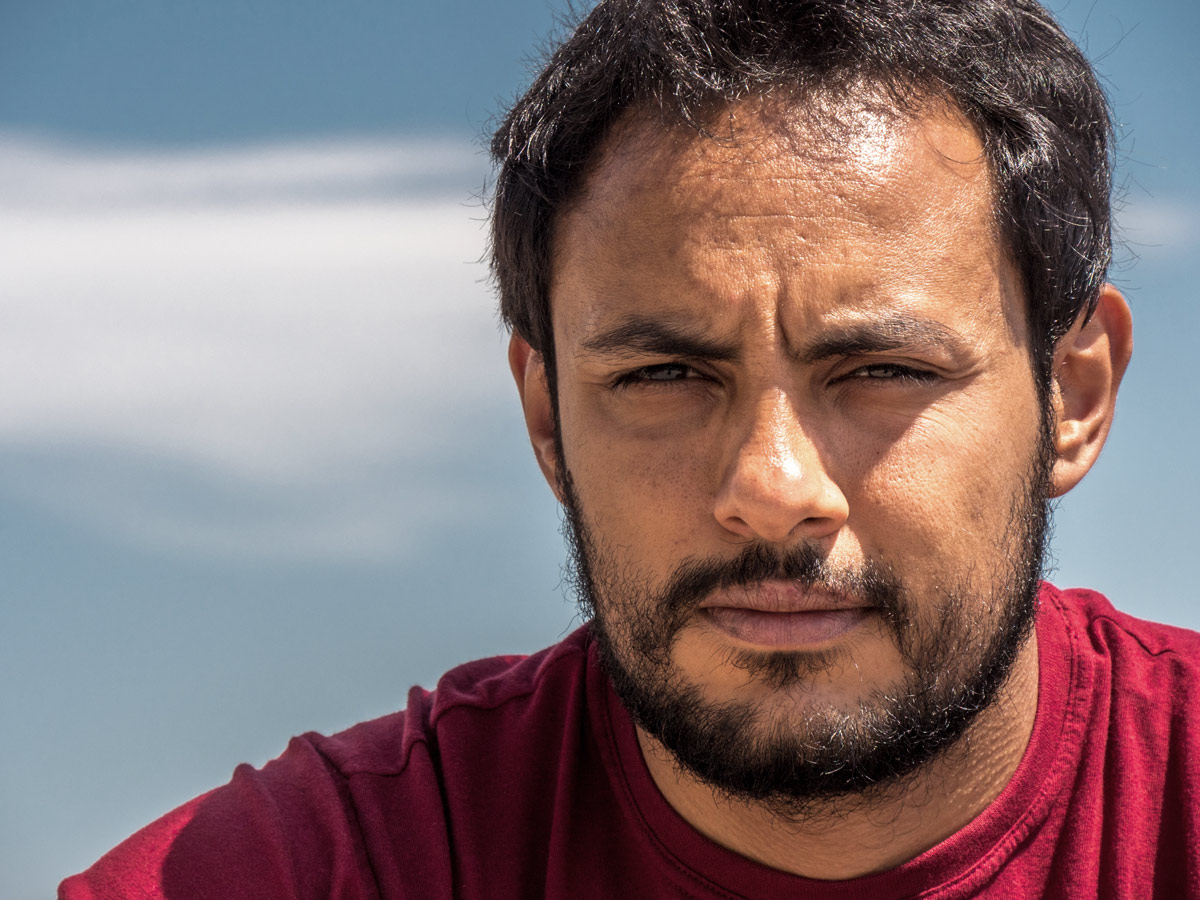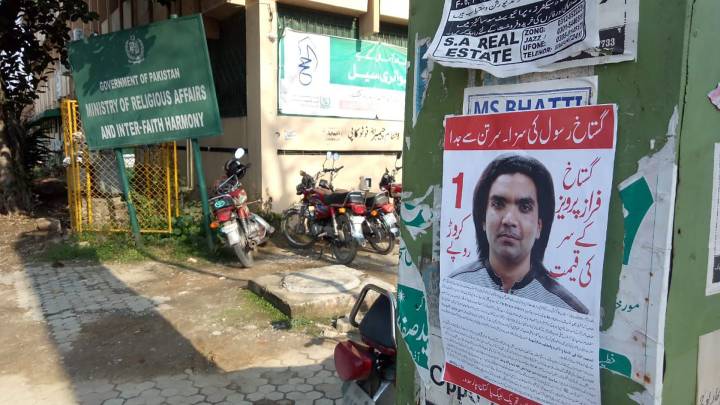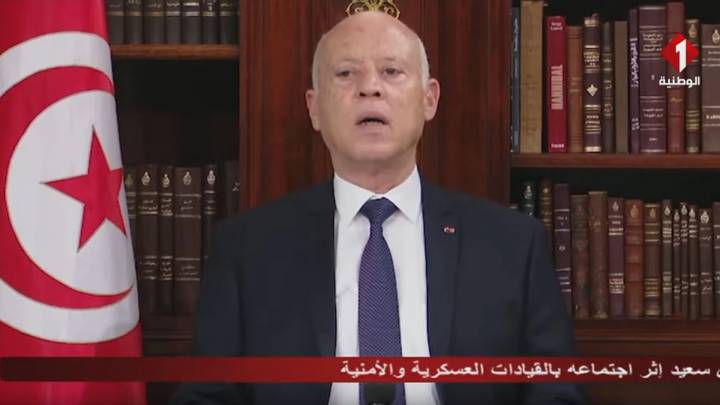A leaked recording from a Tunisian business magnate revealed plans to smear I Watch, an anti-corruption NGO. Apart from bringing corruption into the public eye, it also emboldened I Watch, says its founder Achref Aoudi
zenith: What is the scope of the most recent scandal that I Watch uncovered?
Achref Aoudi: All of Tunisia woke up [on the 17 April] to a leaked audio file featuring Nabil Karoui, CEO of the influential TV station Nessma. In this audio he can be heard talking about my organisation, I Watch, and how he plans to go after us, our families, our girlfriends and fiancées with a defamation campaign. This file has been recorded during a planning session that was about things, that later actually happened. For example, Karoui dedicated six prime time TV shows to go after I Watch and the people working with and for us. In the audio people can hear him planning this and how he wants us to be accused of operating as spies with a foreign agenda.
I see it as a domestic affair. It’s a Tunisian fight.Have his plans worked out and what happened after the audio has been released to the public?
In the end, people trusted us and our point of view more, and have taken the now-leaked audio as another proof of Karoui's character and the way media works in this country. To be honest, this is a really dangerous situation, as his defamation campaign was the direct result of an I Watch report laying out Karoui's tax evasion scheme. It was really shocking to see how he then mobilized all his power to go after us the way did. So I really want to thank that anonymous person who provided the audio, as he helped to open our eyes to the sheer scope of the conspiracy against us.
Is Karoui with his alleged abuse of power a typical example of Tunisia's political and economic elite or a mere exception?
No. If there is one word to describe my country’s elite it is corrupt. I don't want to generalise, but the overwhelming majority of these people are corrupt, having established their own impunity mechanism that lets them get away with things. These are the guys that are very influential in the business sector, and very often they are also very influential in politics. As an organisation, we monitor the way decisions are made and the how these elites behave.
Currently a proposed law is being heavily debated in Tunisia, that would grant, if passed, a de-facto amnesty for wrongdoings under the overthrown dictator Zine El Abidine Ben Ali [president 1987-2011]. How does this fit into the picture?
This is the threat that most jeopardises our young democracy, as it would allow corrupt elites to legally get away with their previous crimes without even apologising. So for me that law is not about reconciliation, as politicians claim it to be, but about an amnesty. Don't get me wrong, there are honest business man and officials in Tunisia and I do not want to generalise, but most of these people, I would strip away the designation ‘elite’ as they are just corrupt.
What are the means at your disposal in that uphill battle you launched?
It’s important for us to have a toolbox that is constantly updated. For example, we started doing advocacy and then we realised that we need to increase our reach. So we started working like journalists and became our own media outlet. It’s about being creative and always having the right tool at hand. One of these tools is social media, which really helps us reaching a lot of Tunisians with our work.
Would you be willing to cooperate with certain parts of the elite?
Yes, we partly collaborate with official stakeholders. We just recently launched a joint venture called Parliamentarians against Corruption, where we teamed up with 11 members of the parliament, that help us pass laws. At the same time, we are building our own regional chapters on the Tunisian countryside. We are in between, we do address a root movement that is feed up with the status quo and we do call for protest. But at the same time we advocate within the system, for example the parliament. We are neither 100 percent an [activist] movement nor 100 percent a classic civil organisation.
I Watch has been around since the Jasmine revolution of 2011. How has the political landscape changed since then, with regards to the topics you are working on?
The case for corruption has been very gloomy, not much has been done. Impunity is still the order of
the day and we are losing points in Transparency International's Corruption Perception Index. But since a few months ago things have begun to change. Everyone is talking about corruption and is addressing the issue. We start realising that corruption is the main jeopardy to democracy. Recently we called for protests against the amnesty bill and everyone at the rally shouted “Down with corruption”. To witness that unity and harmony, along and across the political spectrum, made me realise that after six years, we finally are getting to the core of it. Today, ending corruption in Tunisia has become a public demand.
The people you are challenging have tremendous resources and everything to lose. Are you afraid of the backslash the movement might provoke?
Am I or anyone of the team are afraid? No, I don't think so. They tried to intimidate us for months and years. But their threats and defamation campaigns have only brought us together, stronger and closer. Their resistance brought us the benefit of making us a team and also more credible to public as well. In a way they gave us the biggest advertising campaign possible.
I Watch is the regional chapter of Transparency International and they raised awareness for your struggle. How important is international support for your cause?
The support is really important, of course. Transparency helped us a lot, so that we could learn from other countries’ experiences and also a hundred eyes see more. But at the same time I see it as a domestic affair. It’s a Tunisian fight. The beauty of working within the civil society is that you are a citizen of the globe. You learn from others and inspire them in return. But one thing is clear: Nobody will fight your fight if you are not going to do it.
What gives you hope with regard to the recent events in Tunisia?
The next generation. It’s funny because I am only 30 years young, but old at the same time. At a recent protest I had young people marching left and right of me, and then you can but be optimistic. I think of my generation as the traumatised generation, we fought for a revolution but are traumatised by this fight. Censorship was a real thing for us, but not for this new generation. They have all these freedoms, can see all the websites they like, get all the news they are interested in. No one can strip that away from them, they take that for granted now.
This interview has been lightly edited for clarity.




